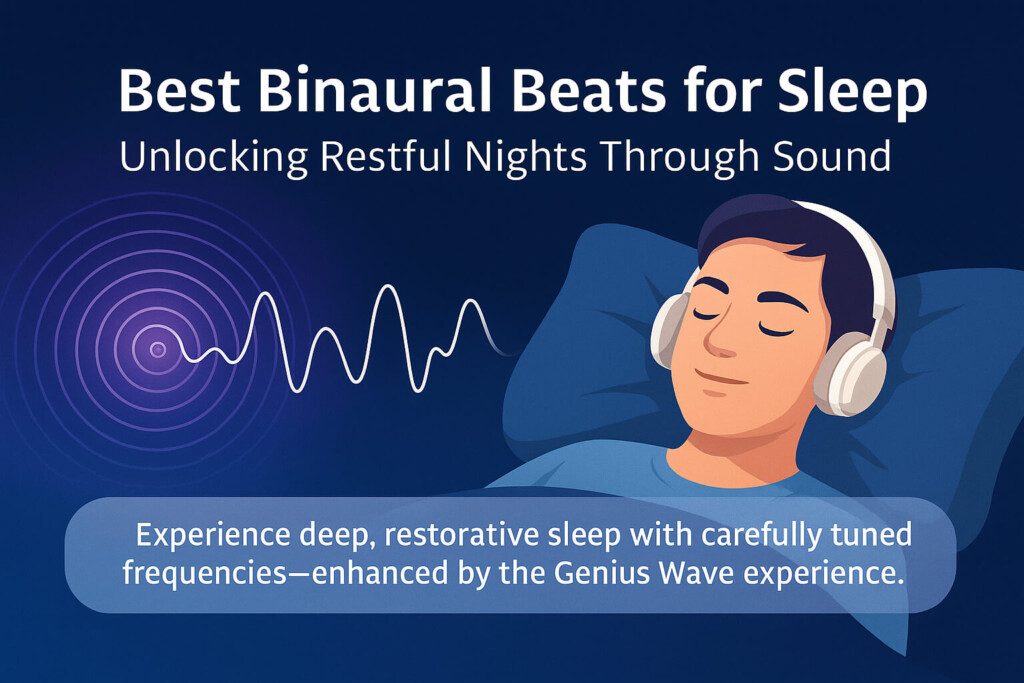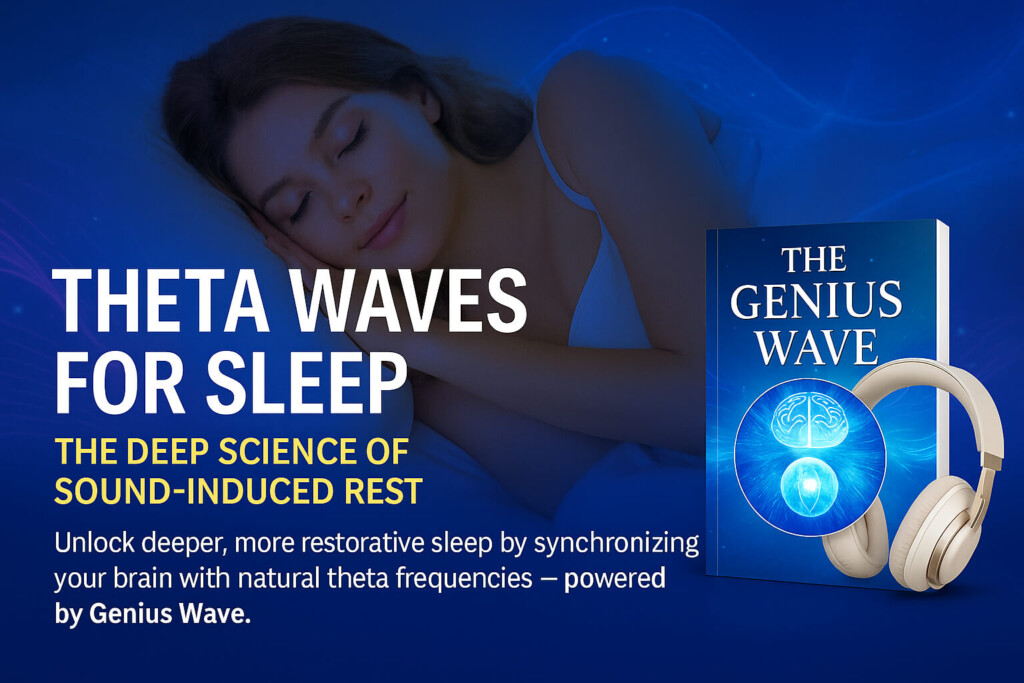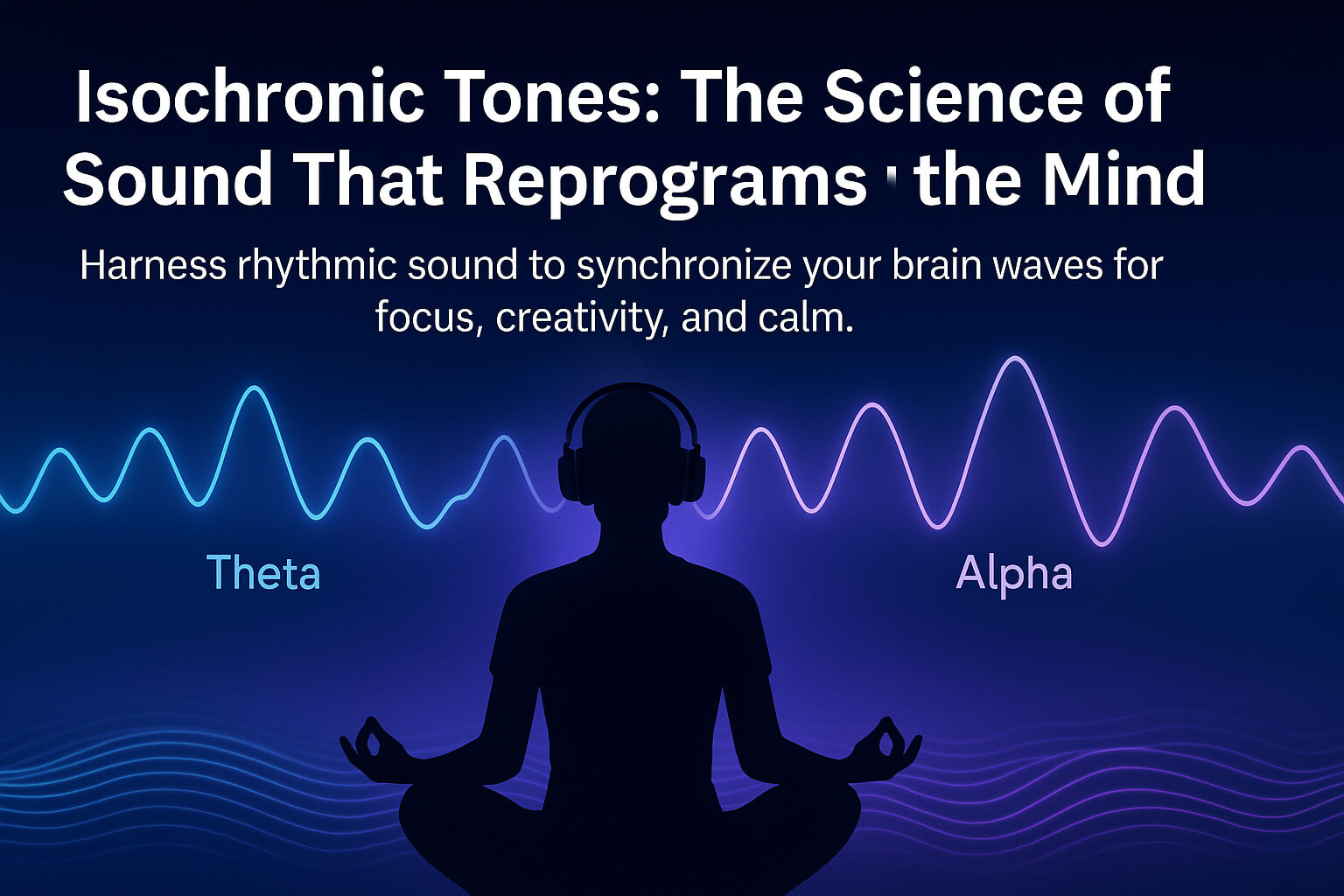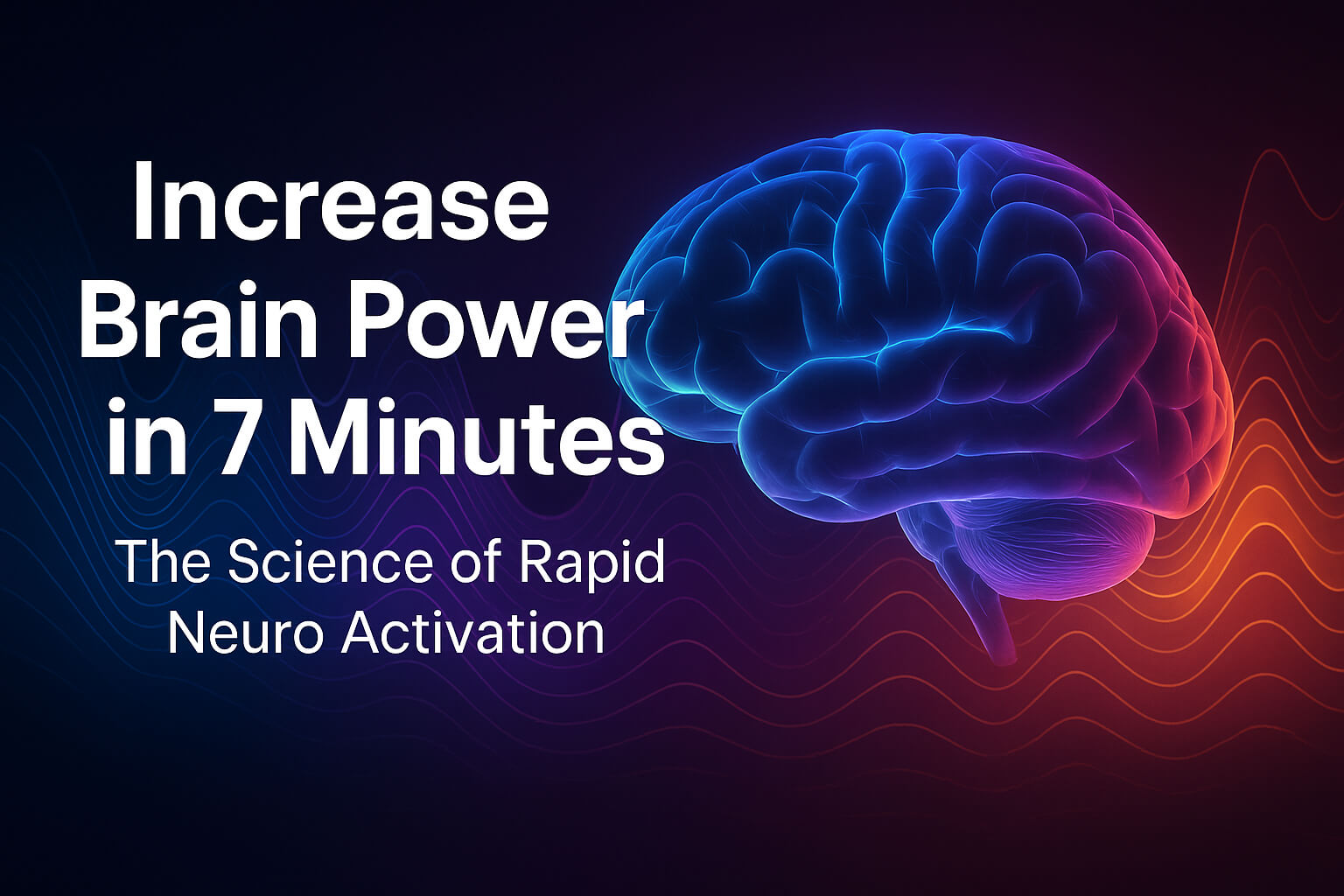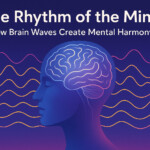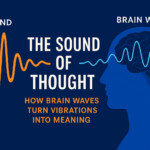Now Reading: Best Binaural Beats for Sleep and Relaxation
- 01
Best Binaural Beats for Sleep and Relaxation
Best Binaural Beats for Sleep and Relaxation
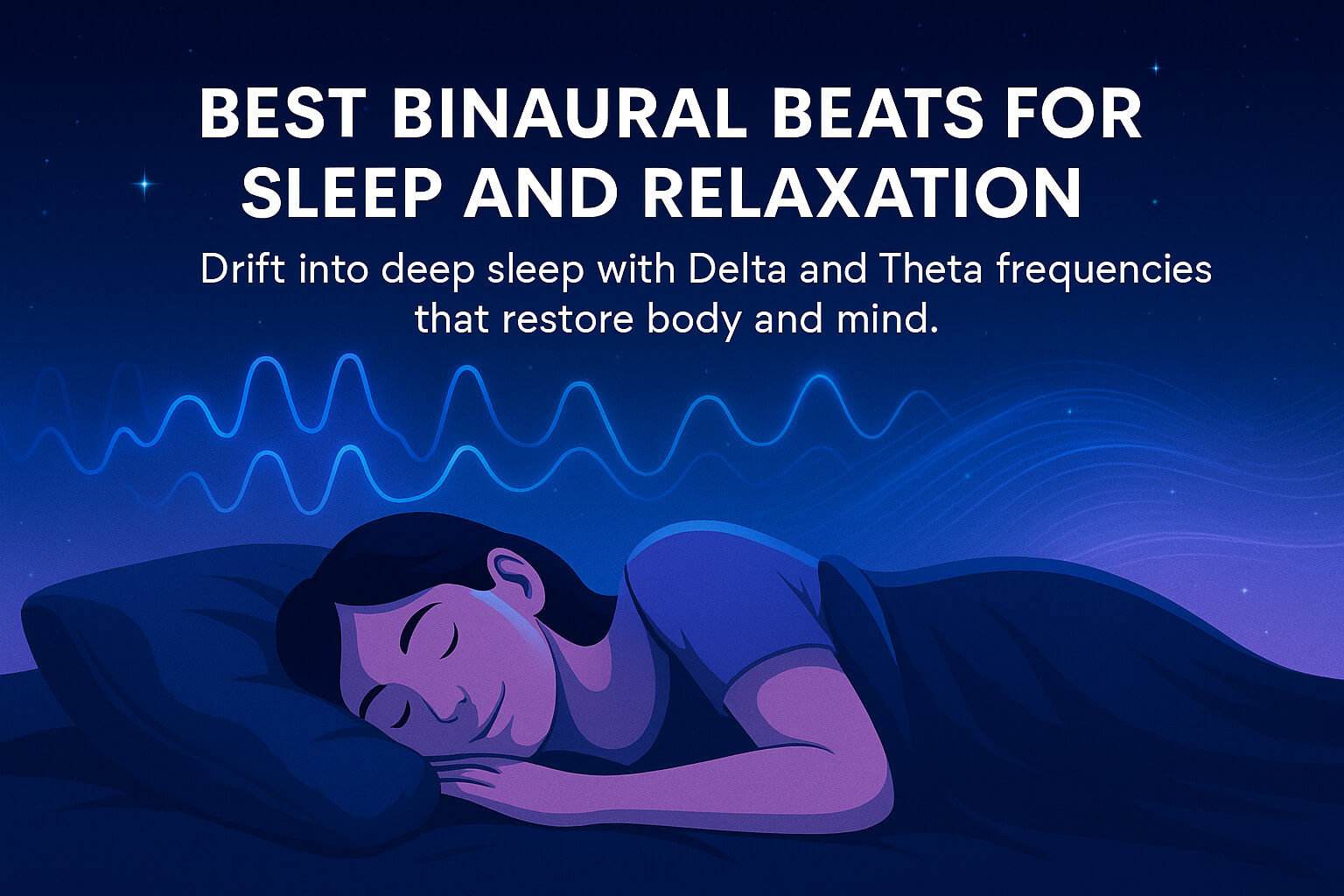
🌟 Introduction
A racing mind is the enemy of sleep.
You lie in bed, eyes closed, yet thoughts refuse to slow down. What if you could train your brain to drift naturally into calm, restful sleep — without medication or forced silence?
That’s where binaural beats for sleep come in. These scientifically designed sound frequencies gently guide your brain into the same state it reaches in deep, restorative rest.
😴 How Binaural Beats Affect Sleep
Binaural beats work by creating a subtle frequency difference between your ears.
Your brain detects this difference and “entrains” itself — meaning it matches its internal rhythm to that beat.
When you play frequencies between 1 to 4 Hz, your brain synchronizes with Delta waves, the natural rhythm of deep sleep and physical restoration.
At 4 to 8 Hz, you enter Theta waves, the border between wakefulness and dreams — where relaxation, meditation, and lucid dreaming occur.
The result?
A smooth transition from conscious awareness to subconscious rest.
🧠 The Science of Deep Rest and Delta Waves
Sleep researchers have long known that Delta brain waves (0.5–4 Hz) are the foundation of physical healing and immune restoration.
During Delta sleep:
Growth hormone levels rise
Cellular repair accelerates
The body clears stress hormones and emotional residue from the day
When your brain fails to reach Delta frequency, even 8 hours of sleep can feel restless and unrewarding.
That’s why binaural beats tuned for Delta waves can be a powerful natural aid for better sleep quality.
🌙 Best Frequencies for Sleep and Relaxation
If you’re new to binaural beats, start with these frequency ranges:
4 Hz (Theta): Ideal for pre-sleep meditation or calm relaxation before bed.
2.5 Hz (Delta): Perfect for deep sleep induction and muscle recovery.
1 Hz (Delta-Sub): Used for ultra-deep sleep and lucid dreaming.
Set your volume low and allow the pulsing rhythm to carry you into stillness. Within 10 minutes, your breathing slows, your thoughts fade, and your body prepares for rest.
🌊 How to Use Binaural Beats Before Bed
Use headphones: Stereo separation is key for the effect.
Dark room, minimal light: Melatonin release improves entrainment.
7–10 minutes before sleep: Enough to lower Beta activity.
Avoid caffeine and screens: They delay Delta transition.
Stay consistent: Your brain learns faster with repetition.
For best results, combine the beats with breathwork or body scanning meditation. Over time, your brain learns to associate the sound with deep rest.
💤 Real Benefits Users Report
Thousands of consistent listeners report:
Falling asleep faster
Waking up less during the night
Deeper physical relaxation
Vivid, restorative dreams
A calmer, lighter mood upon waking
These effects build gradually — typically noticeable after 7–10 nights of consistent use.
👉 Experience The Genius Wave and drift into effortless sleep through natural Delta synchronization.
🧩 Why It Works
Modern neuroscience shows that your brain never truly “shuts off” during sleep — it reorganizes.
Binaural beats don’t force your brain to rest; they remind it how.
They act like a metronome for the mind, setting a steady pace for relaxation, regeneration, and peace.
🌈 Conclusion
Good sleep isn’t about duration — it’s about depth.
When your brain aligns with the gentle rhythm of Delta and Theta waves, your body begins to heal, and your mind recharges.
Binaural beats for sleep are not a gimmick; they’re a bridge back to the natural rhythm of calm that modern life disrupts.
👉 Related read: 40 Hz Brainwave Frequency: The Hidden Key to Focus, Memory, and Consciousness for more insights on brainwave focus and mental clarity.


